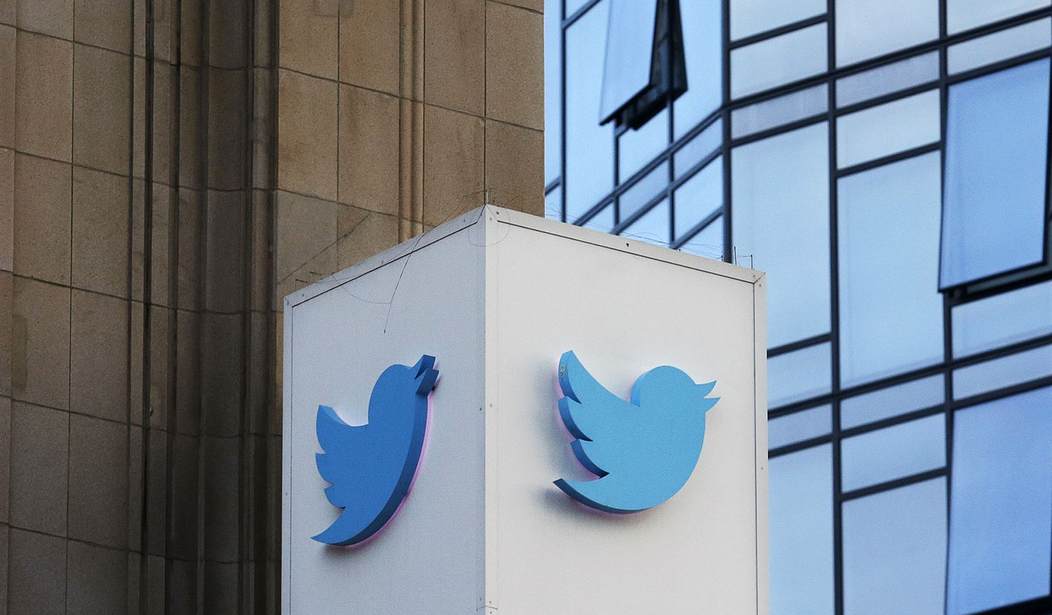Prior to Election Day and shortly thereafter, social media giants like Facebook and Twitter made some pretty predictable but nevertheless crappy changes to the way political news articles were displayed on their respective platforms. They also “experimented” with different options for how users could share links, options which the Powers That Be claimed were supposedly designed to slow the spread of fake news.
For example, in the weeks leading up to the election, Twitter limited the functionality of the retweet button. Instead of being able to simply click the RT button to share a tweet, Twitter users were met with a message about making sure to read the link before tweeting. Also, users were only allowed to RT via the “Quote RT” button, which added an extra step (and effort) to retweeting something. You could either add a quote or leave it blank, but it still (deliberately) created a slight impediment to be able to quickly RT a tweet and move on:
Starting today, when you click or tap the retweet icon, Twitter will pull up the Quote Tweet composer to encourage you to write something about that tweet before you share it. You don’t have to write anything if you don’t want — just leave the composer blank and hit the retweet button to retweet like you normally would. But Twitter is hoping that by introducing some friction into the process, people might better consider exactly what they’re retweeting or take the opportunity to add their own perspective.
Twitter was said to merely be “testing” the quote RT functionality changes at the time, and “welcomed” user input. Right.
After the election, Facebook changed its algorithm to favor links to traditional old-media (liberally biased) “news” outlets like the New York Times, Washington Post, etc:
The change meant the algorithm assigned more importance to posts from established news organisations such as CNN, The New York Times, and NPR. This was based on an internal metric the company uses called “news ecosystem quality,” abbreviated to NEQ.
Publishers with a high NEQ benefitted from the change, while partisan but highly engaged pages, such as Breitbart and Occupy Democrats, were demoted.
Three people with knowledge of the matter told the Times that Facebook’s CEO Mark Zuckerberg personally signed off on the change.
The change was reportedly popular with some employees at Facebook, and two sources said at a meeting held one week after the election that employees asked whether the “nicer news feed” could become a permanent feature.
Fast forward a few short weeks, and both Twitter and Facebook announced on the same day – though independently of each other – that they reversed course:
We’re switching back. You can now choose to Retweet or Quote Tweet the way you did before. https://t.co/4ZAE6Ax8Vn
— Twitter (@Twitter) December 16, 2020
After learning from this product experience, we’re sharing an update: today Retweet functionality will be returning to the way it was before.
Here's what we saw while we prompted Quote Tweets (1/4): https://t.co/MzoDKy3d69
— Twitter Support (@TwitterSupport) December 16, 2020
Bit of news: Facebook has rolled back a post-election change it made to its news feed algorithm to boost authoritative news and tamp down misinformation, despite some employees asking if the "nicer news feed" could stay. https://t.co/PTxRESJkP1
— Kevin Roose (@kevinroose) December 17, 2020
Gee, how predictable was that? Very, noted Dave Rubin:
This is incredible. Two weeks before the election Twitter changed how you retweet because they obviously didn’t want certain things to go viral. Now that they got the result they want, they’re going back to the old way.
Big tech is manipulating us in ways we can’t imagine. pic.twitter.com/J7jH0ogqli
— Dave Rubin (@RubinReport) December 16, 2020
Not to mention conveniently timed. It’s almost like there’s a “JournoList” of sorts among Big Tech companies.
It was obvious at the time these changes were announced/reported what they were trying to do (influence the outcome of the election, as they did with their suppression tactics on the Hunter Biden story), and yesterday’s 180s essentially confirm as much.
All the more reason to explore other options like Parler, because Twitter and Facebook – like the media outlets they view as “credible” – are pretty much nothing more than obedient mouthpieces and propaganda tools for Democrats at this point, and it’s likely to only get worse considering some of the hiring decisions Biden has made.
Related: CNN’s Oliver Darcy Calls for Censorship of Trump’s Twitter Account, Jonathan Turley Schools Him














Join the conversation as a VIP Member